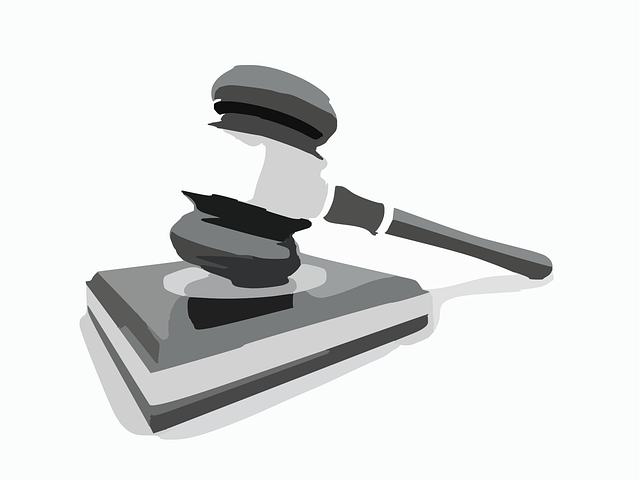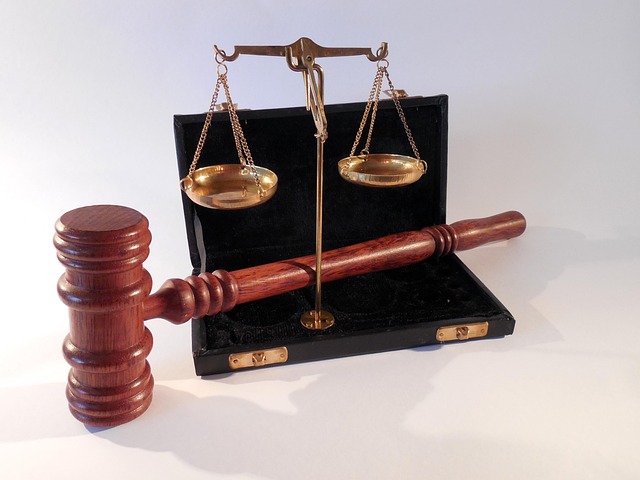Recent Sentencing Guidelines Reform and Policy Changes significantly enhance scrutiny of corporate crime investigations, emphasizing deterrence, proportional sentencing, and accountability. These reforms prompt tailored legal strategies for corporates and individuals, fostering a culture of compliance while ensuring justice. The guidelines focus on case specifics, board-level involvement, and corporate culture, increasing penalties for severe offenses and promoting ethical conduct through stricter laws and internal controls. Jury trials play a crucial role in maintaining business integrity by holding corporations accountable for misconduct and inadequate oversight.
Corporate Crime Investigations play a pivotal role in maintaining ethical business practices and safeguarding society. This article delves into the intricacies of this field, focusing on key aspects such as understanding corporate crimes, the deterrence impact of sentencing guidelines reform, and enhancements in corporate accountability through policy changes. Additionally, it explores effective crime prevention strategies, highlighting the interplay between legal frameworks and regulatory reforms like Sentencing Guidelines Reform for a safer business landscape.
- Understanding Corporate Crime Investigations
- The Role of Sentencing Guidelines in Deterrence
- Impact of Reform on Corporate Accountability
- Policy Changes: Enhancing Legal Frameworks
- Strategies for Effective Crime Prevention
Understanding Corporate Crime Investigations

Corporate Crime Investigations are a specialized field focusing on white collar offenses within corporate and institutional settings. These investigations involve complex financial transactions, fraud schemes, and other illegal activities that often span multiple jurisdictions. Understanding this process is crucial in light of recent Sentencing Guidelines Reform and Policy Changes, which have significantly impacted how such cases are handled.
The shift in policy has led to a greater emphasis on deterrence and proportional sentencing for high-stakes cases. This change reflects the growing recognition that corporate and individual clients involved in these investigations require tailored legal strategies. As a result, investigators must now consider not only the financial implications but also the broader societal impact of their findings, ensuring justice is served while fostering a culture of compliance and accountability within businesses.
The Role of Sentencing Guidelines in Deterrence

The effectiveness of sentencing guidelines in deterring corporate crime has long been a subject of debate. These guidelines play a pivotal role in shaping the consequences for businesses and individuals involved in white-collar offenses. By establishing clear parameters for punishment, they aim to act as a deterrent, discouraging potential perpetrators from engaging in fraudulent or illegal activities within their respective business environments. The impact of these guidelines is profound, as they can significantly influence corporate decision-making and risk management strategies.
Recent Sentencing Guidelines Reform initiatives have reflected a growing emphasis on proportionality and accountability. Policy changes aim to balance the need for severe punishment with the unique circumstances of each case. This approach ensures that justice is served while also allowing for flexibility in sentencing, taking into account the level of culpability, impact on victims, and any mitigating factors specific to the corporate or individual clients involved. Such reforms contribute to a more comprehensive understanding of white-collar defense strategies and promote a culture of ethical conduct within organizations.
Impact of Reform on Corporate Accountability

The Sentencing Guidelines Reform has significantly reshaped the landscape of corporate accountability, marking a pivotal shift in how businesses and their leaders are held responsible for illegal activities. This reform, coupled with Policy Changes, has had a profound impact on corporate crime investigations across the country. Prosecutors now have more flexibility to tailor sentences based on the specific circumstances of each case, focusing on deterrence and proportionality. As a result, companies facing investigations must be prepared to mount winning challenging defense verdicts, as the bar for accountability is higher than ever.
The new guidelines emphasize the importance of board-level involvement and corporate culture in determining liability. This shift encourages senior management to take an active role in ensuring ethical practices and fosters a sense of collective responsibility. The impact is evident in jury trials across the country, where corporations are increasingly held accountable not just for their actions but also for the lack of oversight and compliance measures in place.
Policy Changes: Enhancing Legal Frameworks

In response to growing concerns about corporate crime, many countries have undergone significant policy changes, particularly in enhancing their legal frameworks. One notable shift has been the reform of sentencing guidelines, aiming to make penalties more severe and proportional to the crimes committed. These reforms reflect a broader recognition that corporate misconduct can have profound impacts on both the economic and social fabric of communities. By strengthening laws and guidelines, regulatory bodies seek to deter potential wrongdoers and ensure justice for victims, thereby fostering a culture of accountability among businesses and their leaders.
The Sentencing Guidelines Reform, coupled with broader policy changes, is designed to address the complex nature of corporate crimes that often involve intricate financial transactions and cross-border operations. These reforms extend beyond criminal penalties, advocating for increased transparency and stricter compliance standards. As a result, businesses are encouraged to implement robust internal controls and ethical practices, ensuring they meet not just legal requirements but also societal expectations. Such changes are especially critical in diverse regions across the country, where corporate and individual clients, as well as philanthropic and political communities, look to regulatory bodies for fair and consistent enforcement of these new standards.
Strategies for Effective Crime Prevention

Preventing corporate crime requires a multifaceted approach that goes beyond mere compliance. Organizations should implement robust internal controls and risk management strategies to deter potential wrongdoers. This includes regular audits, transparent accounting practices, and strict data security measures. By fostering a culture of ethics and integrity from the top down, companies can create an environment where employees feel compelled to uphold high standards.
Moreover, Sentencing Guidelines Reform and Policy Changes play a pivotal role in effective crime prevention. Stricter penalties and enhanced legal frameworks send a clear message that corporate misconduct will not be tolerated. Jury trials in high-stakes cases further deter potential criminals by ensuring transparency and accountability throughout all stages of the investigative and enforcement process. This comprehensive approach, combining robust internal controls with strong legal deterrents, is essential in upholding the integrity of businesses and protecting stakeholders from unethical practices.
Corporate crime investigations require a multi-faceted approach, combining robust legal frameworks with strategic preventative measures. As discussed, sentencing guidelines play a pivotal role in deterring corporate misconduct, while reform efforts have significantly enhanced organizational accountability. Moving forward, continuous policy changes and updates are essential to keep pace with evolving criminal tactics. By implementing effective strategies that integrate these key elements, we can foster a more transparent and ethical business environment, ensuring that corporations operate responsibly and face consequences for their actions.






